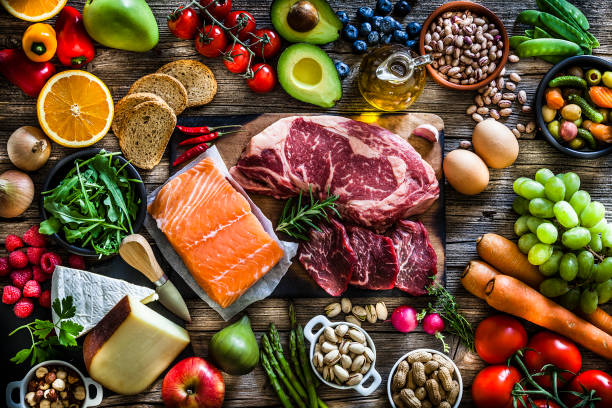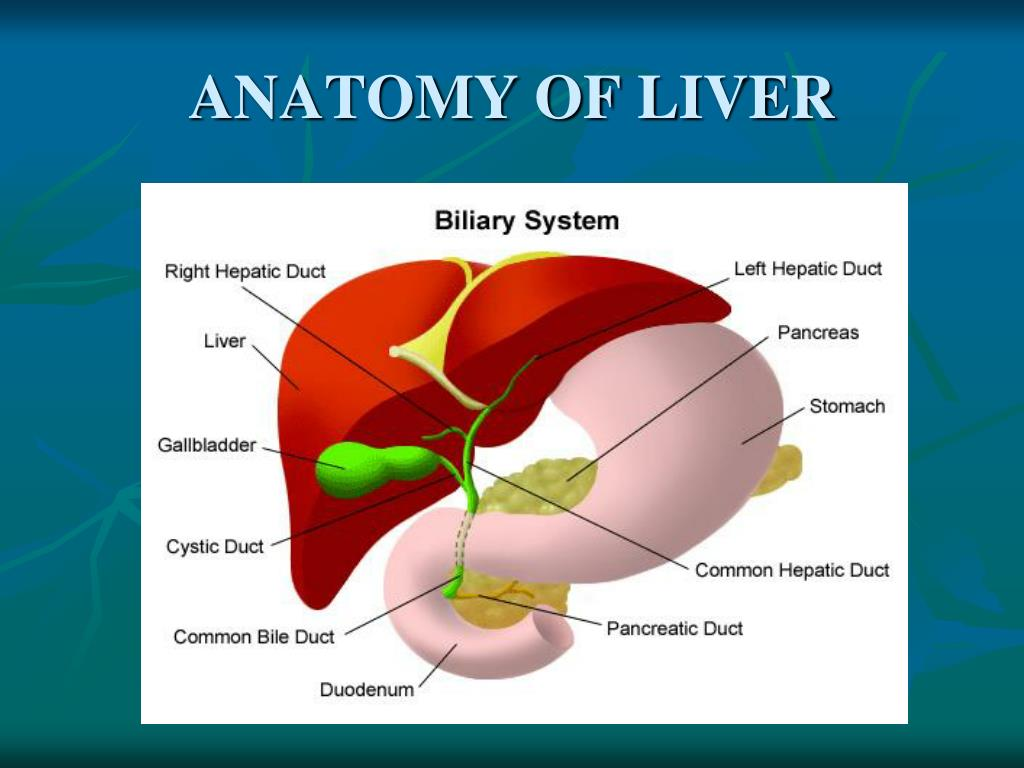What is Nutrient Dense food?
Ok, so you've decided to make healthier lifestyle choices - Congrats!👏
Now comes the confusing part.... what "diet" to follow right?
What if I told you there's no diet and you don't need to count calories! That's right. Instead let's focus on NURIENT DENSE foods. So, what the heck does that mean?
Nutrient-dense foods are foods that have a high amount of nutrients per calorie, such as vitamins, minerals, antioxidants, and phytochemicals.
Let's compare nutrient dense foods VS energy dense foods:
😕Foods that are energy dense contain higher number of calories per serving. For example, deep fried foods, chips, sodas, cookies, processed foods, and sugar laden foods.
😊Foods that are nutrient dense contain higher number of vitamins/minerals per serving. For example, animal and plant foods, with particular emphasis on healthy traditional fats like butter, lard, egg yolks and coconut oil.
Choosing nutrient-dense foods allow us to consume a higher number of essential vitamins and minerals that promote good health, while avoiding consuming too many calories that can lead to being overweight and eventually obesity - which can in turn, lead to blood sugar imbalances, hormone problems and maybe even cardiovascular disease.
Eating foods closer to nature also comes with the benefits of avoiding chemicals or glyphosate in foods - as these can definitely alter gene expression. Your genes can be switched on or off by epigenetic processes and nutrition can definitely alter genetics.
So that sounds great and all but WHERE can you get more info on WHAT nutrient dense foods to eat? Great question! 👌 Weston Price Foundation has many resources for you and your entire family. Get the kiddos started on nutrient dense foods at a young age!
Click here to get started: https://www.westonaprice.org/wp-content/uploads/Healthy4LifeEnglish.pdf.
Bon appetite my friends! 😀
References:
Healthy 4 Life - The Weston A. Price Foundation (westonaprice.org)



Comments
Post a Comment